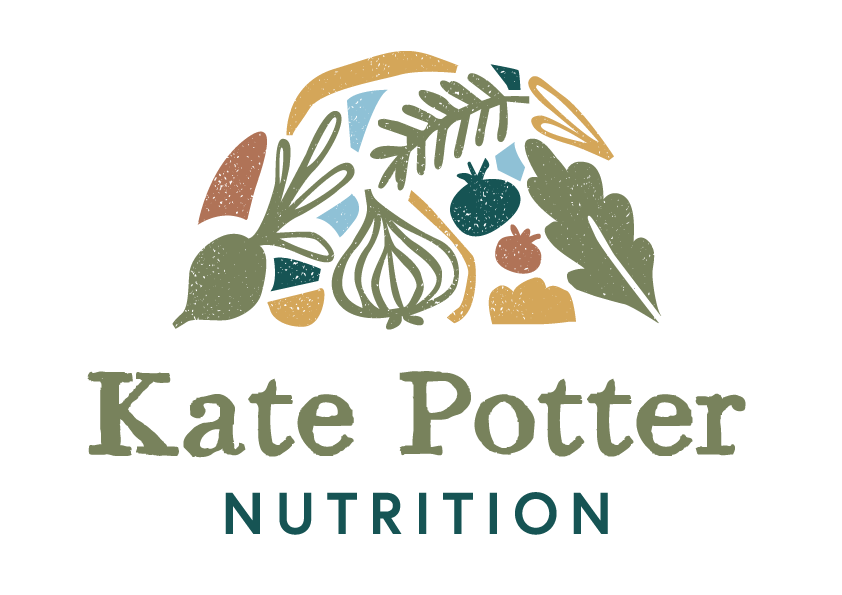Supporting proper function of the intestinal barrier is key in autoimmunity; so what disrupts it?
As ever in biology, structure denotes function. When that structure is damaged, function is compromised. The intestinal barrier structure consists of several layers: a lining of gut bacteria, the mucosa, the submucosa, the muscularis propia and the serosa. Toxins (including alcohol), stress, processed foods, hormonal fluctuations, certain medications, allergens including gluten, bile, stomach acid and digestive enzyme deficiencies and infections can all damage one or more of these layers.
Once damage occurs and intestinal barrier function is compromised, the immune system is impacted because molecules that either shouldn’t be there, or that have not been broken down correctly and are not in a recognisable state, enter through the damaged gut wall. This sets off a cascade of immune reactions and inflammation and has been demonstrated in research to be both a cause and a mediator of autoimmunity.
As a registered nutritionist, I can use testing and case history to understand if damage has occurred, and to find the underlying reasons for this. This information can then be weaved into the client strategy, alongside any other issues.
If you would like to know more about how our diet and lifestyle can impact our autoimmune conditions, please sign up to my newsletter here.
Or click here to find out more about working together.
